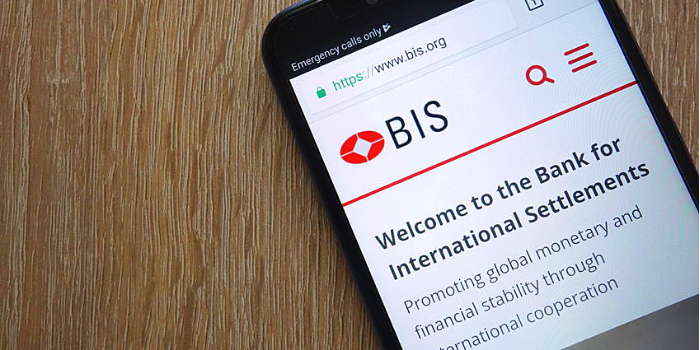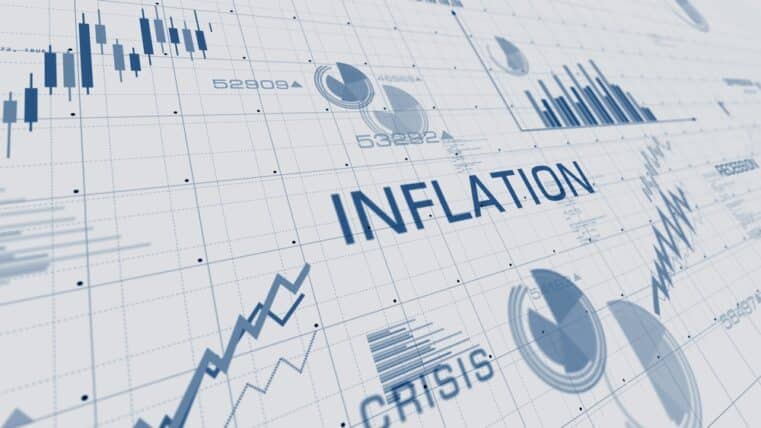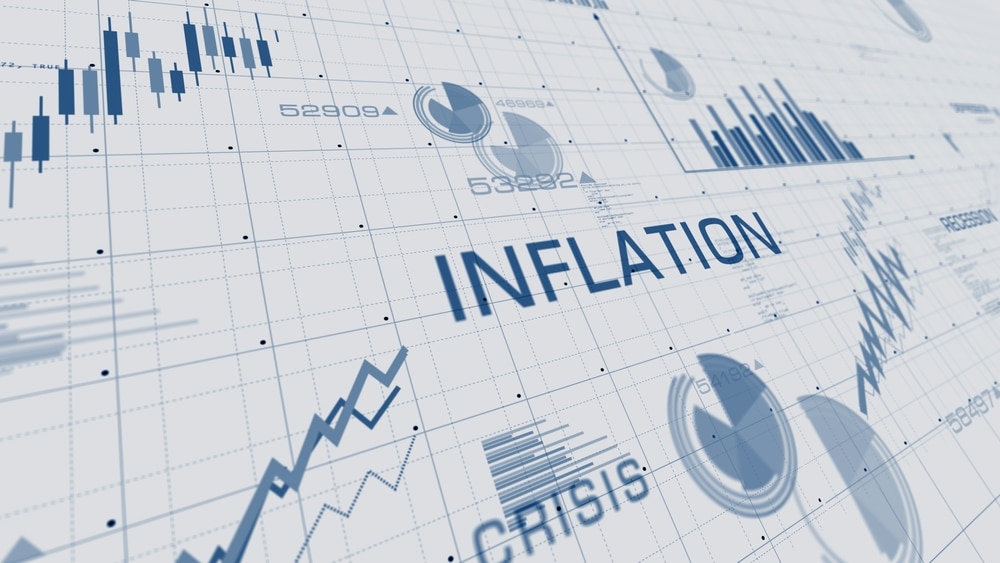
URGENT: The BIS Warns of a Global Relapse Into Economic Crisis
If you haven’t yet heard the news, just last week the Bank of International Settlements--the central bank of all central banks--announced that the world’s economies risk a “relapse” of the crisis that nearly destroyed the global financial system a decade ago.
Stating that “things look rather fragile,” according to Claudio Borio, chief economist for BIS, the bank also warned that this time would actually be quite different--as “there is little left in the medicine chest to nurse the patient back to health or care for him in case of a relapse.”
The Global Economic Recovery Has Serious Side Effects
In their latest annual report, the BIS states that the global recovery from the 2008 financial crisis was, at best, “highly unbalanced,” with emerging economies on the more imbalanced side of the spectrum.
This was to be expected, as central banks across the globe have been administering “powerful medicine,” which may be closer to experimental treatments in the form of near-zero interest rates, to counter the effects of the crisis.
The risks of “side effects,” all of which are becoming evident, have all been but fully assumed and expected. But what may be worse, and we’re starting to see the effects, are the “withdrawal symptoms” from the medicine--an economic opioid-like crisis that’s about to unfold in the markets and the broader economy.
Withdrawal Symptoms Across the Global Economy
Perhaps the first countries to exhibit these sever withdrawals are Turkey and Argentina. With their central banks reducing the dosage, their economies appear not to be responding well.
The European Central Bank (ECB) also recently announced an end to its stimulus programme by the end of the year. How their economies respond to such measures will be something to watch closely.
Although the US Federal Reserve announces continuing its monetary tightening policy, the effects of withdrawal haven’t yet begun to set in. But what has become evident is the sharp divergence between economic growth in the US versus the rest of the world, particularly emerging economies.
On “average,” global financial markets may be doing quite well. But Borio warns about giving too much weight to the “average.”
Think about it in this way: if someone told you to enter a pool that has an “average” temperature of 75 degrees Fahrenheit for most of the year, that pool’s temperature could range anywhere from, say, 10 degrees freezing to 140 degrees well beyond boiling.
In this context, “average” can be a dangerous concept. And this view applies to the global economy.
The BIS noted that a stronger US dollar has been negative for asset prices across most emerging economies. The same can be said for the current trade tensions plaguing the global economy.
The slowdown in the Chinese economy has been hitting emerging economies, as such a slowdown critically affects commodity producers.
Yet ironically, risky lending is on the rise--again!...the very thing that lay the groundwork for the last financial crisis.
Case in point: US dollar lending to non-banks in emerging economies has, according to Borio, “more than doubled since the Great Financial Crisis to some $3.7 trillion.” And this figure doesn’t even include borrowing through foreign exchange swaps, which as Borio pointed out, could be just as big and overburdened.
The BIS also noted their worries that the US is dumping their “red-hot” leveraged loans onto investors. If you don’t quite realize it yet, this is exactly what happened in the years leading up to the 2008 financial crisis.
The loans that are being offloaded to investors are CLO’s (collateralized loan obligations), which the BIS describes as “close cousins” to the CDOs and mortgage-backed securities that sparked the 2008 crash.
Borio, however, emphasized the difficulties of predicting the future. But he did mention that “what one can say is that the patient’s full recovery will not be smooth.”
This is an indirect way for the BIS to say: BRACE YOURSELF.










